Scientific Insights: The Power of Diagnostic and Assessment Methodology in Recruitment
At Kienbaum, we strongly believe that every successful recruitment process should incorporate a proper methodology and robust assessment techniques. What sets Kienbaum apart is our close collaboration with science and academia through our esteemed "Kienbaum Institut @ ISM for Leadership & Transformation".
By leveraging evidence-based practices and staying at the forefront of research, we have developed a range of diagnostic and assessment methodologies that yield exceptional results in candidate selection and talent development.
Our clients highly value our approach, as it significantly reduces the risk of misplacement and missed opportunities. Through our comprehensive recruitment and assessment capabilities, we ensure that organizations can make informed decisions and secure top talent that aligns with their unique requirements.
We have received numerous inquiries regarding the effectiveness and necessity of diagnostic tools and structured methodologies within the recruitment process. We understand the importance of this topic and would like to provide you with scientifically backed reasons why incorporating these methods and tools is an essential practice for every organization:
Predictive Validity: Numerous studies have shown that well-designed assessment methodologies have high predictive validity, meaning they accurately predict job performance and success. For example, a meta-analysis by Schmidt and Hunter (1998) found that cognitive ability tests, a common type of assessment, have a strong correlation with job performance across a wide range of occupations and industries.
Reduction of Bias: Assessment methodologies can help minimize bias in the recruitment process. Research has shown that relying solely on unstructured interviews can lead to biased decision-making. However, incorporating structured assessments and objective measures can reduce bias and increase fairness. A study by Levashina and Campion (2007) found that structured interviews had higher validity and reduced adverse impact compared to unstructured interviews.
Competency Assessment: Assessing candidates based on specific competencies required for the job has been found to be effective in predicting job performance. A study by Barrick, Mount, and Judge (2001) demonstrated that personality-based assessments, which evaluate traits relevant to job performance, have significant predictive validity for job performance across various occupations.
Job Fit and Cultural Fit: Assessments can help determine the extent of job fit and cultural fit for candidates. Research by Cable and DeRue (2002) found that individuals who had a better fit with their job and organizational culture exhibited higher job satisfaction and performance. By incorporating assessments that evaluate these aspects, organizations can identify candidates who align well with the job requirements and the organization's values and culture.
Developmental Opportunities: Assessments not only aid in candidate selection but also provide valuable developmental opportunities. Assessment results can identify candidates' strengths, development areas, and training needs, enabling organizations to tailor their development programs and support ongoing career growth. This can lead to improved performance and increased employee satisfaction and engagement. And, above all, it resonates deep within the hearts of every individual - a truly noble aspiration.
These scientific facts and research findings highlight the effectiveness of diagnostic and assessment methodology in recruitment. By utilizing robust assessment tools and incorporating evidence-based practices, organizations can enhance their selection processes, reduce bias, improve job fit, and support employee development.
We hope that this brief essay has shed some light on our approach to recruitment, the methodologies we employ in our processes, and the vision that drives us towards tangible business outcomes. Should you have any further questions or wish to delve deeper into this subject, please feel free to contact us. We welcome the opportunity to engage in a meaningful discussion with you.
